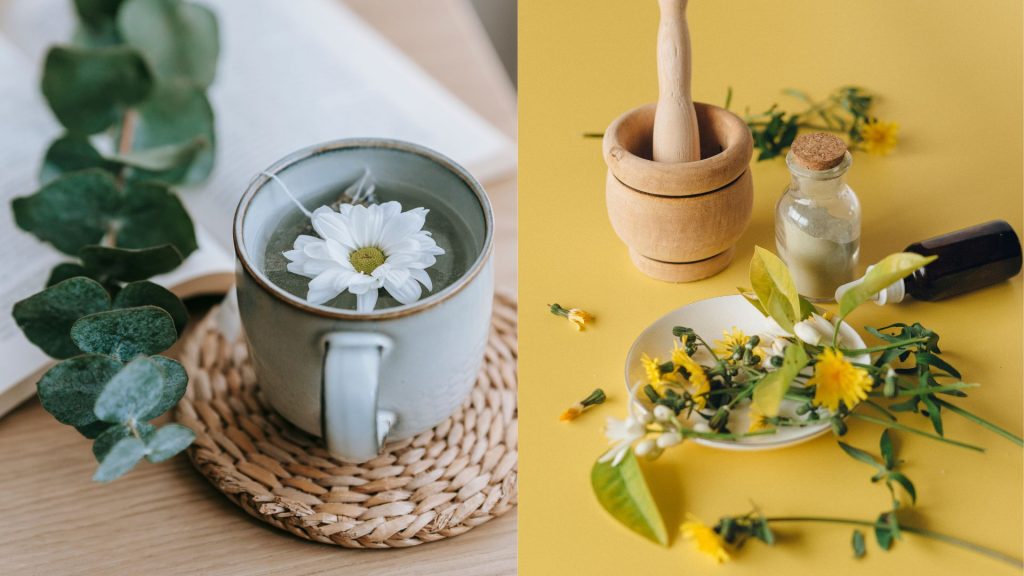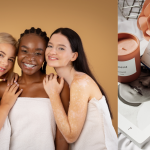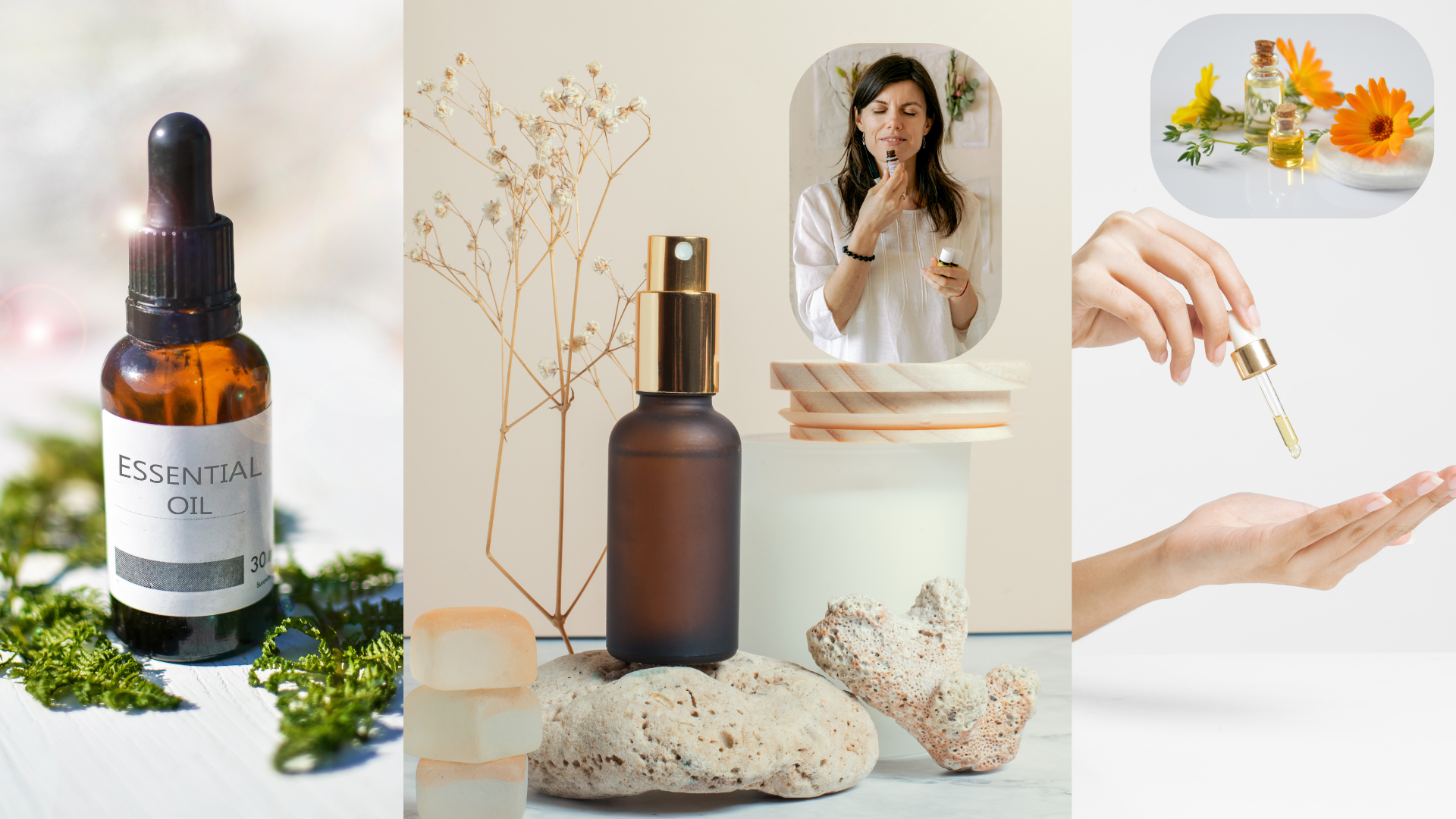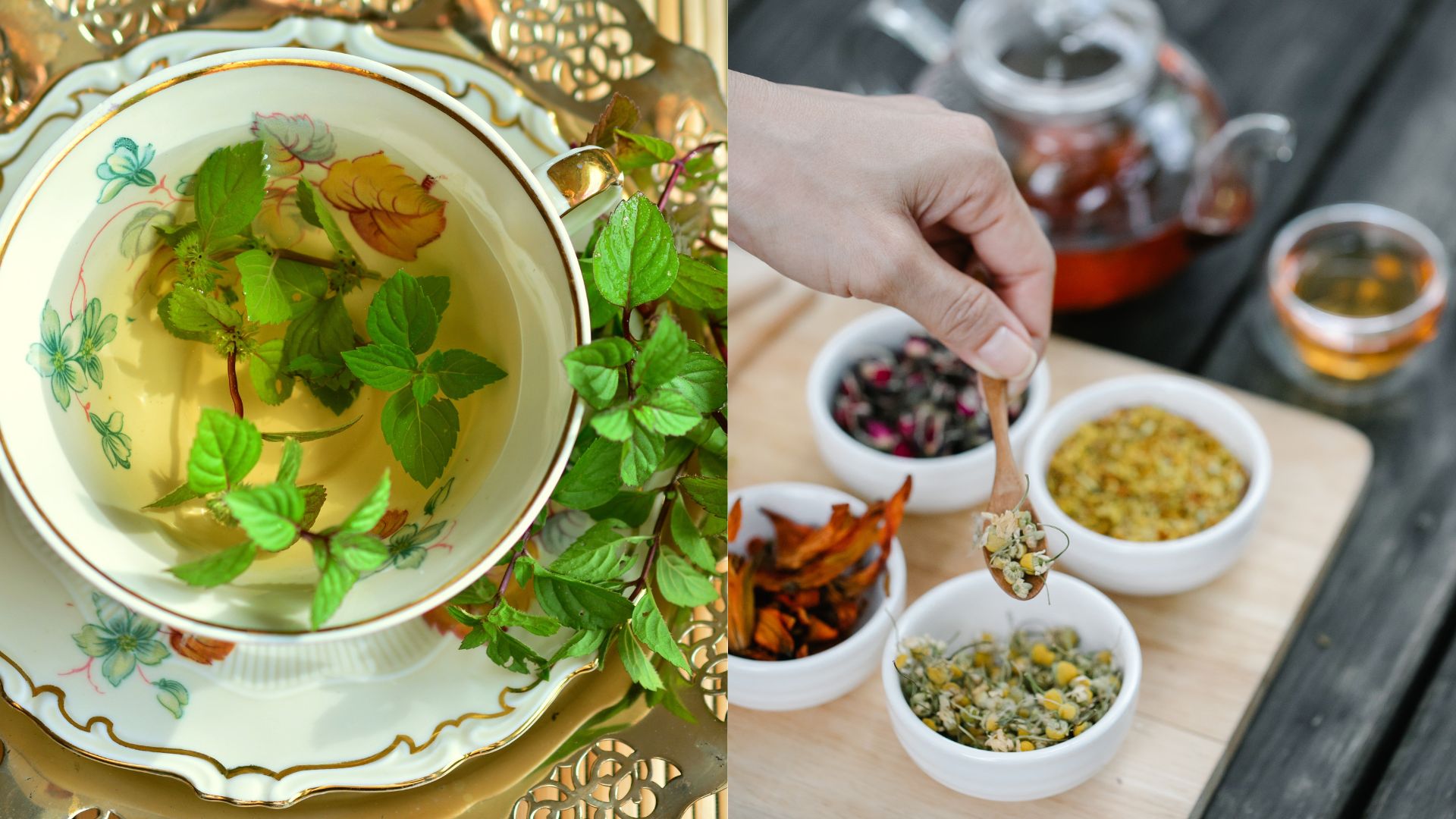OVERVIEW
Essential oils have been utilized for their healing benefits for a significant time, with numerous individuals seeking them for natural assistance in alleviating stress, enhancing sleep, boosting immunity, and other purposes. Extracted from plants, essential oils are highly potent, encapsulating the distinctive characteristics of each plant. This article investigates the most commonly used essential oils for wellness, methods to use them safely, and DIY blends to incorporate into your lifestyle.
Benefits and Safe Applications of Popular Essential Oils
- Lavender: Recognized for its soothing effects, lavender oil is often employed to alleviate stress and anxiety. Its calming scent can also foster improved sleep, making it a favored option for those experiencing insomnia. Lavender is adaptable and can be diffused in a space, included in bathwater, or blended with a carrier oil for massage.
- Eucalyptus: Eucalyptus oil is celebrated for its refreshing and immune-boosting qualities. It can assist in clearing nasal passages, which is helpful during colds or allergy seasons. Diffusing eucalyptus oil can help open airways, or it may be diluted and applied topically to soothe muscle soreness.
- Tea Tree: Tea tree oil is valued for its antibacterial, antiviral, and antifungal attributes, often utilized to enhance immune function. It’s typically applied topically (diluted) for skin issues such as acne and minor cuts. However, tea tree oil must be used carefully around pets and should never be consumed, as it can be dangerous if ingested.
DIY Essential Oil Blends for Relaxation, Sleep, and Immunity
Making essential oil blends is an easy way to amplify their benefits. Here are some simple DIY blends for beginners:
- Relaxation Blend:
- 3 drops of lavender oil
- 2 drops of frankincense oil
- 2 drops of bergamot oil
This mixture aids in calming the mind and alleviating stress. Add the blend to a diffuser or mix it with a carrier oil and apply it to pulse points (wrists, temples, neck) for a soothing effect.
- Sleep Support Blend:
- 4 drops of lavender oil
- 2 drops of chamomile oil
- 2 drops of cedarwood oil
This combination promotes restful sleep and relaxation. Place a few drops on your pillow or diffuse it near your bed 30 minutes prior to sleeping.
- Immune Boosting Blend:
- 3 drops of eucalyptus oil
- 2 drops of tea tree oil
- 2 drops of lemon oil
Diffusing this blend in a communal area can help cleanse the air and support respiratory health, particularly during colder months. Dilute it with a carrier oil and apply to the chest for additional respiratory assistance.

Precautions for Use
Although essential oils provide a range of wellness advantages, they are concentrated and should be handled with care:
- Dilution for Topical Application: Essential oils are too potent to be used directly on the skin. Dilute 1-2 drops in a teaspoon of carrier oil (such as coconut or almond oil) before topical application. This minimizes the chances of skin irritation.
- Avoiding Ingestion: Generally, it is unsafe to consume essential oils without guidance from a qualified healthcare provider. Some oils can be toxic if ingested, and consumption may lead to negative reactions.
- Safe Usage Around Pets and Children: Certain essential oils, like tea tree, eucalyptus, and peppermint, may be harmful to animals, especially cats. When using essential oils in homes with pets or young children, ensure proper ventilation and avoid applying oils directly to them. For pet-safe options, seek advice from a veterinarian.
- Testing for Allergies: Before applying a new essential oil to the skin, conduct a patch test by placing a diluted drop on a small skin area (like the forearm). Allow 24 hours to monitor for any indications of irritation or allergic reactions.
Suggestions for Integrating Essential Oils into Your Daily Routine
- Aromatherapy Diffusers: By adding several drops of essential oil to a diffuser, you can create a soothing atmosphere that fills the space. Diffusers are perfect for promoting relaxation and aiding sleep.
- Baths: Incorporating a few drops of essential oil into your bath can significantly enhance your relaxation experience. Be sure to mix the oil with a carrier oil or Epsom salts first, as essential oils are not soluble in water and can cause skin irritation if used undiluted.
- Massage: Essential oils can be blended with carrier oils for massage therapy, helping to alleviate tension and promote muscle relaxation. Popular options for massage blends include lavender, eucalyptus, and peppermint.
- Inhalation: A quick method for accessing the benefits of essential oils is through direct inhalation. Place a drop onto a tissue or your palms, then cup your hands over your nose and take deep breaths. This technique works particularly well with eucalyptus and peppermint for clearing nasal congestion.
Conclusion
Essential oils serve as effective tools for enhancing wellness, with the ability to alleviate stress, enhance sleep quality, and potentially bolster immunity. Nonetheless, using them responsibly is vital—always dilute for topical application, avoid consumption, and be mindful of pets and children nearby. By securely integrating essential oils, you can enjoy their healing benefits in your everyday routine. Just a few drops can make a significant impact, bringing balance and natural wellness to your routine.

























